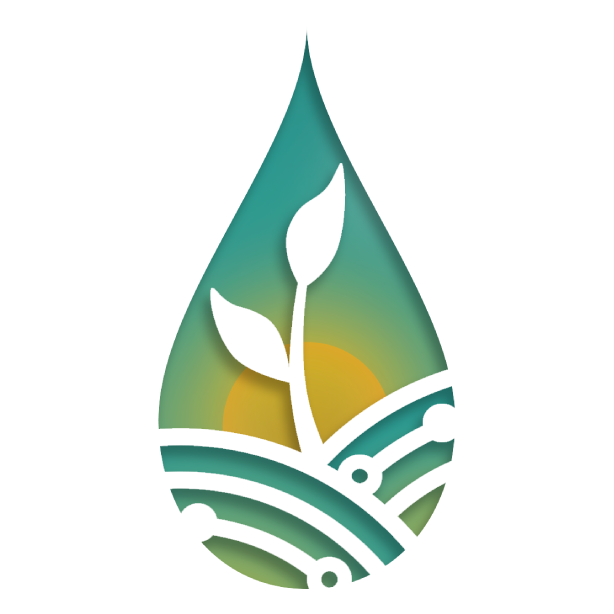In Central America, smallholder farmers play a crucial role in supporting the livelihoods of their families and communities. Studies estimate that approximately 90% of agriculture in the region relies on rainfall. Consequently, both food production and the preservation of soil and rich biodiversity depend heavily on the distribution of rainfall. Extended droughts can devastate crops and ecosystems, while extreme rains lead to topsoil erosion and crop damage.
Central America's unique geography and the limited availability of ground measurements for climatic variables pose significant challenges when assessing climate variability and change. Central America is a narrow strip of land with volcanic origins and a complex topography, located between two dynamic ocean systems that strongly influence rainfall and climate patterns. Climatic zones vary from lush tropical jungles to high deserts. The “Central American Dry Corridor,” home to a significant portion of fertile agricultural land, experiences dry seasons lasting up to six months. Here, the timing and magnitude of the rainy period are crucial for water and food security. The Mid-Summer Drought (MSD), locally known as “la canicula” or “el veranillo,” is a phenomenon intricately connected to the agricultural cycle and a significant topic in climate research.
While Central American communities have contributed minimally to the immediate causes of climate change, the region is highly vulnerable to severe disruptions from global warming. Honduras, Nicaragua, and Guatemala are among the top 10 countries considered most at risk. Shifts in the timing of rainfall have already resulted in severe consequences, including droughts and hurricanes. Addressing this issue requires more than sporadic interventions; it demands a carefully planned process with active involvement from local communities and dedicated organizations committed to driving structural change.
Our research collaboration aims to expand the knowledge base on climate variability and change in the community to a regional scale and support communities in strengthening their resilience to expected changes. To learn more about any of our specific projects, please select the relevant tile below.

Experiences of Water Security and Climate Change Preparedness
Leads: Iris Stewart-Frey, Ed Maurer, Allan Baez Morales, Raul Diaz
Students: Bri Guingona, Paola Felix, Andrew Bake, Chloe Montgomery

Producing Short and Medium-Term Forecasts to Support Climate Adaptation
Leads: Ed Maurer, Iris Stewart-Frey
Students: Turner Uyeda, Alex Avila, Kenny Joseph

Climate Change in the Most Vulnerable Regions
Leads: Iris Stewart-Frey, Ed Maurer
Student: Kenny Joseph

A Forecasting App to Support Climate Change Adaptation
Leads: Allan Baez Morales, Iris Stewart-Frey, Ed Maurer, Raul Diaz, Qiuwen Li
Graduate Students: Gautam Chitnis, Tanmay Singla, Giulliano Silva Zanotti Siviero
Undergraduate Students: Alex Avila, Turner Uyeda, Bri Guingona, Sara Wheeler

Mid-Summer Drought Trends
Leads: Ed Maurer, Iris Stewart, Hugo Hidalgo
Students: Kenny Joseph, Turner Uyeda, Alex Avila
